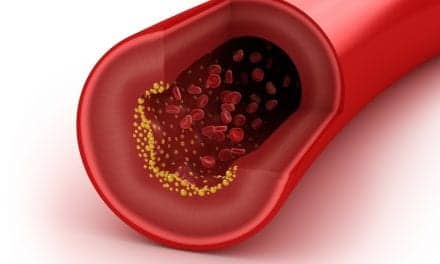American scientists have quantified the amount of energy lost during a night of sleep deprivation, according to new research published in The Journal of Physiology.
The findings show that missing a night of sleep burns roughly 135 calories, the equivalent of two slices of bread or a 225 ml glass of semi-skimmed milk. In terms of physical exertion, this amounts to walking just under two miles. On the flip side, 8 hours of sleep saved the same approximate amount of energy.
“While the amount of energy saved during sleep may seem small, it was actually more than we expected,” says Professor Kenneth Wright, lead author of the study and director of Colorado University’s Sleep and Chronobiology Laboratory. “If one considers the amount of positive energy storage needed to explain the obesity epidemic is 50 calories a day (Hill et al, 2003), the energy savings represented by sleep is physiologically meaningful.”
The tightly controlled study included seven carefully vetted young adult subjects, with the participants required to stay in bed and follow a weight maintenance diet for the entire 3-day duration. The first day established baseline data and consisted of a typical 16 hours of wakefulness followed by 8 hours of sleep. Days two and three included 40 hours of total sleep deprivation followed by 8 hours of recovery sleep.
The findings showed that compared to a typical night of sleep, the amount of energy expended during 24 hours of sleep deprivation increased about 7%. In contrast, energy expenditure decreased to 5% during the recovery episode, which included 16 hours of wakefulness (following the sleep deprivation night), then 8 hours of recovery sleep.



